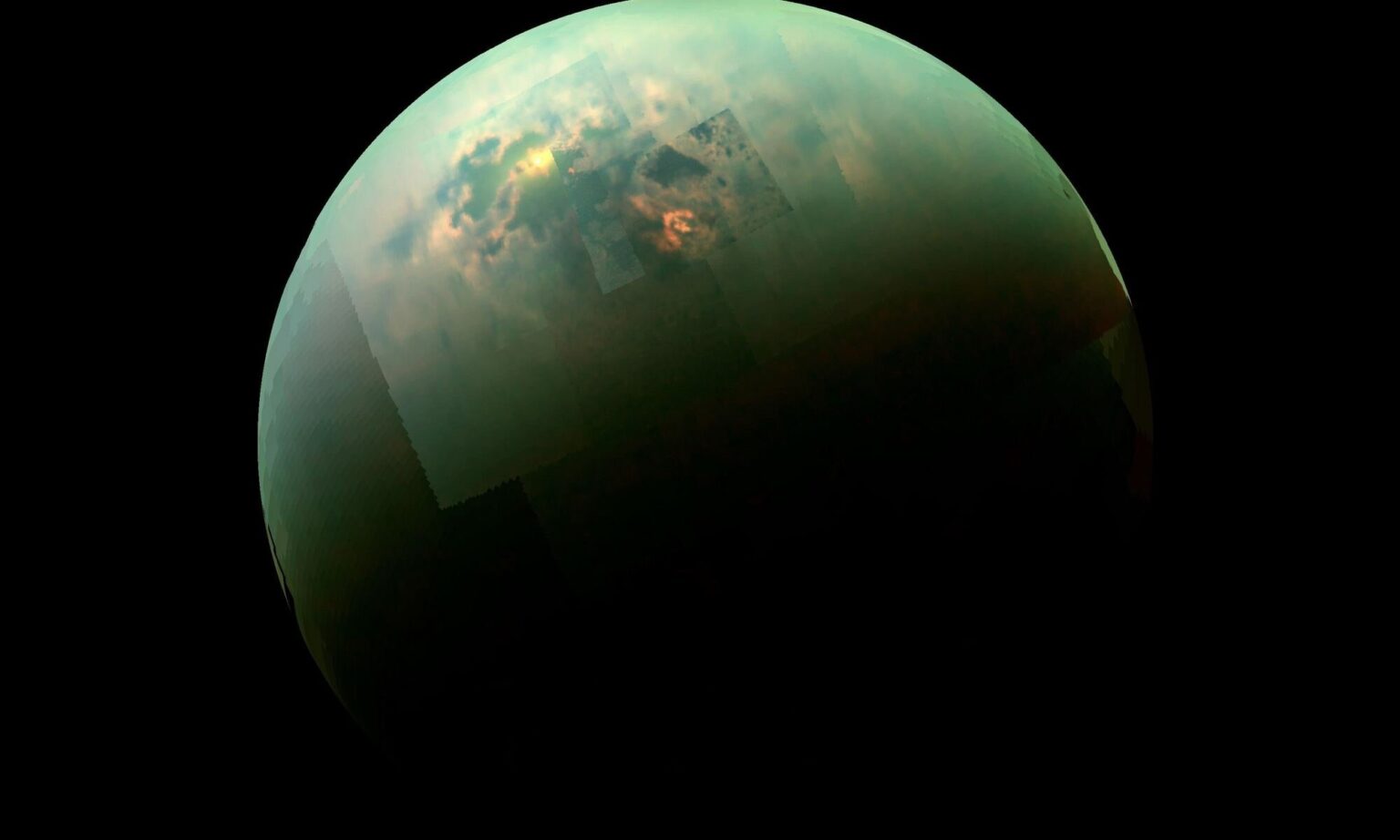
What else can sustain life on other planets besides water?
Liquid water is considered to be the main condition for the emergence of life similar to Earth. It has a number of properties that allow it to be a medium for biochemical processes. However, scientists are thinking about what substances on other planets could replace it.
Water and other substances may be biological solvents on other planets.
Why water is an essential condition for life
There is a huge amount of speculation about what life on other planets might be like. Alternative biochemistry encompasses not only the use of different amino acids in proteins and nucleotides in DNA, but also much bolder ideas. For the most part, they remain fantastic. However, in a new article published on arXiv, scientists have tried to answer the question of whether there is an alternative to water on other planets.
Liquid water is considered to be the best biomarker, that is, a sign of the possibility of life on a celestial body. The reason is that it is a universal solvent and medium for biochemical processes, both inside and outside cells. However, there are many other liquids in the universe that could theoretically replace it.
The scientists began by identifying the main factors that make water an acceptable environment for life. There are four of them in total:
- water dissolves most molecules, but not all;
- plays an important role in the metabolism of living things;
- It does not decompose a wide range of complex organic substances;
- it does not decompose over billions of years under the influence of external factors.
It is believed that water is the only substance that is widespread enough to meet all three parameters. However, scientists decided to look for an alternative.What can be a substitute for water?
The researchers began their search for a water substitute with NH4 ammonia. In terrestrial conditions, it is a gas. But at lower temperatures, it turns into a liquid. This substance meets the first three conditions mentioned, but dissolves under the influence of ultraviolet light. Of course, there are places where this molecule is protected from it. But water can also exist there in a liquid state. So it is unlikely to be the main biological solvent anywhere.
Another option is concentrated sulfuric acid H2SO4. It meets the three conditions, but it is still unknown whether it can contain sufficiently complex organic molecules and whether it will be possible to build cells from them. This issue is now being carefully studied, because it affects the possibility of life in the clouds of Venus.
Finally, scientists have turned their attention to carbon dioxide. Like ammonia, it exists as a liquid at low temperatures. Little is known about its properties in this state. It is believed to be a fairly weak solvent, but it is even better than water at integrating into biological processes. In any case, the authors of the study consider it worthy of further research.
In the end, scientists concluded that other planets can indeed replace water with other substances. Titan’s seas, for example, are rich in hydrocarbons and other complex organic molecules. Cold exoplanet satellites like it may have oceans of CO2, NH4, and H2O. We still don’t understand much about cryogenic chemistry on cold exoplanets. So, while waters of life likely exist in space, seas of life on some worlds may be much more exotic.

